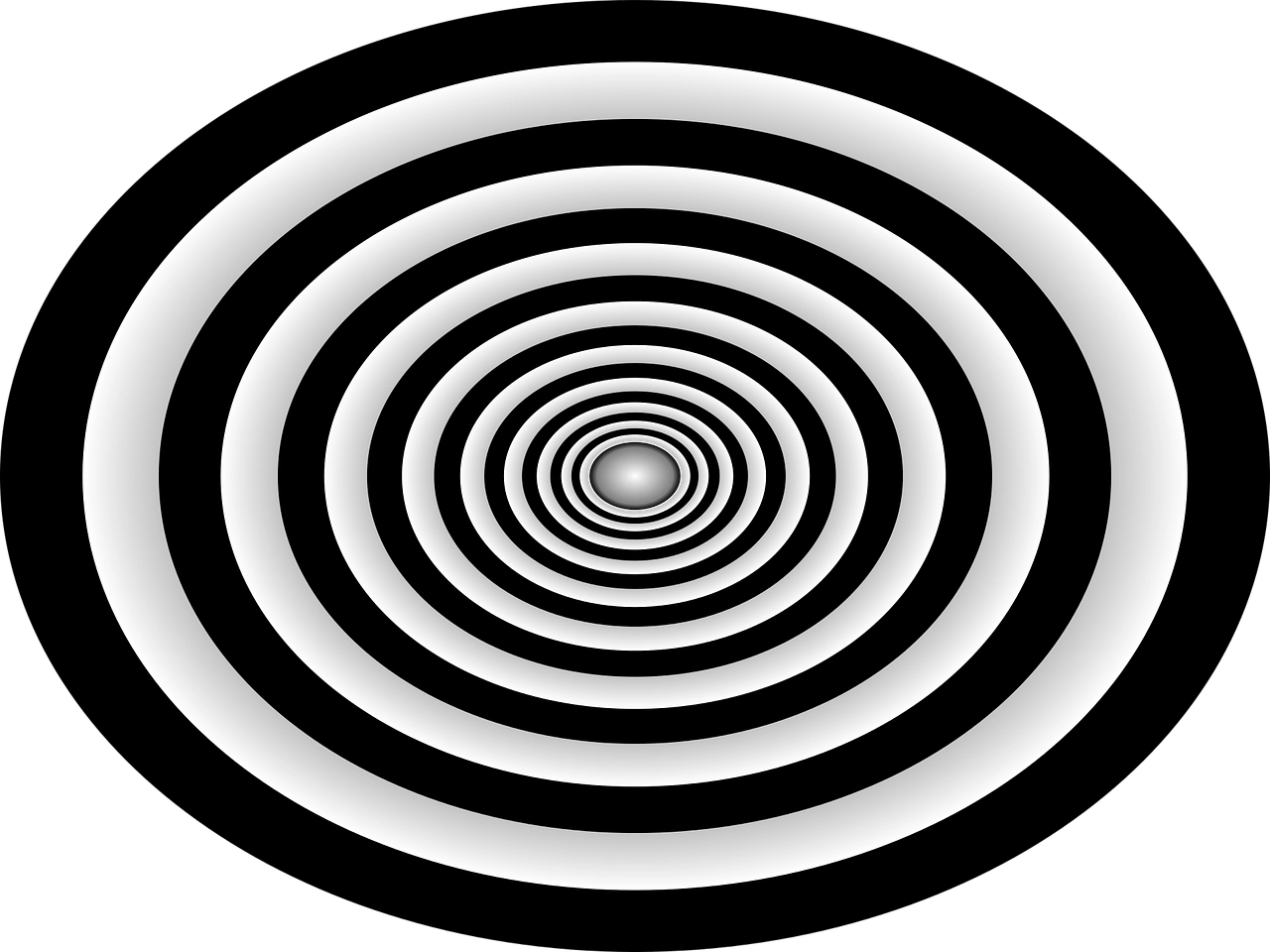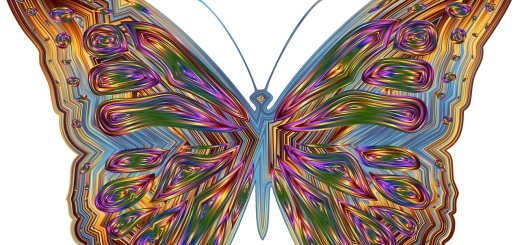The Green Man: Symbol of Nature and Renewal

Looking for more amazing products? Check out our online store and explore our collection here! Happy shopping!
Before diving in, please note: This post is for informational purposes only. If you’d like to know more about how we approach topics, feel free to check out our friendly Disclaimer Page.
Hey there, amazing readers! 
We’re committed to delivering quality posts, and your support (even just sticking around despite the ads) means everything to us. So, bear with us, and thanks for helping us keep the good vibes rolling. Now, on to the fun stuff!
TRANSLATE BUTTON AT THE END OF THE ARTICLE
Overview: The Green Man, an Ancient Symbol of Nature and Renewal
The Green Man is a captivating and enigmatic symbol that has endured throughout centuries, representing the interconnection between humanity and the natural world.
This article delves into the rich history, intricate symbolism, and cultural significance of the Green Man.
From its ancient roots in mythology and folklore to its adaptations in Christian art and modern-day eco-spirituality, the Green Man continues to inspire and captivate individuals across the globe.
Additionally, we explore its relevance in contemporary art and design, as well as the celebrations and festivals dedicated to this symbol of nature and renewal.
Origins: Tracing the Green Man’s Roots in Mythology and Folklore
The origins of the Green Man can be traced back to ancient mythology and folklore, where it often represented fertility, growth, and the cycle of life.
Similar figures can be found in various cultures, such as the Roman god Faunus, the Greek god Pan, and the Celtic deity Cernunnos.
These deities embodied the wild and untamed aspects of nature, and their association with the Green Man highlights the deep-rooted connection between humans and the natural world.
Depiction: Understanding the Iconography of the Green Man
The Green Man is typically depicted as a face emerging from foliage, with leaves, vines, or branches growing from its mouth, nose, or ears.
This unique iconography symbolizes the regenerative power of nature and the cycle of life and death.
The intricate leafy patterns that adorn the Green Man’s face serve as a reminder of the abundance and vitality of the natural world.
Variations in the depiction of the Green Man can be found across different cultures and time periods, showcasing the adaptability and universality of this symbol.
Symbolism: Exploring the Deep Meanings Behind the Green Man
The Green Man is laden with profound symbolism, representing themes such as rebirth, rejuvenation, and the eternal cycle of nature.
It embodies the idea that life springs forth from death, and that growth and renewal are inherent in the natural world.
The Green Man also serves as a reminder of our connection to the Earth, urging us to respect and cherish the environment.
Additionally, the symbol highlights the importance of embracing change and transformation, as well as the need to find balance between humanity and nature.
Cultural Significance: The Green Man across Different Civilizations
The Green Man’s influence transcends cultural boundaries, manifesting in various forms across different civilizations.
In Celtic mythology, he was associated with the fertility of the land and the protection of forests.
The Romans incorporated the Green Man into their architecture and artwork, blending their own traditions with those of the indigenous cultures they encountered.
In Hinduism, the Green Man is reminiscent of various deities such as Shiva and Krishna, symbolizing their connection to nature and their role as protectors and preservers of life.
Christian Adaptation: The Green Man in Medieval Art and Architecture
In the Middle Ages, the Green Man found a place within Christian art and architecture, often adorning the walls of churches and cathedrals.
Here, the symbol took on new meanings, representing the rebirth and resurrection of Christ, as well as the vitality of spiritual life.
The blend of pagan and Christian symbolism highlights the continued relevance and adaptability of the Green Man as a symbol of renewal and connection to the divine.
Revival: The Resurgence of the Green Man in the Modern Era
The Green Man experienced a revival in the modern era, particularly during the Victorian period and the Arts and Crafts movement.
Artists and designers drew inspiration from the symbol, incorporating it into various forms of art, architecture, and decorative objects.
This resurgence of interest in the Green Man can be attributed to a growing fascination with nature and a desire to reconnect with the natural world in an increasingly industrialized society.
Environmental Connection: The Green Man’s Relevance Today
In the face of pressing environmental challenges, the Green Man has gained renewed relevance as a symbol of our relationship with nature and the urgent need for conservation.
It serves as a reminder of the interconnectedness of all living beings and the responsibility we hold to protect and preserve the Earth.
The Green Man encourages us to adopt sustainable practices, promote biodiversity, and find harmony between human activities and the natural world.
Eco-Spirituality: How the Green Man Inspires Nature-Based Religions
The Green Man has become central to various nature-based religions and spiritual practices, such as modern Paganism and Druidism.
These belief systems emphasize the sacredness of the Earth and the importance of living in harmony with nature.
The Green Man symbol embodies the reverence for the natural world and encourages individuals to cultivate a deep spiritual connection with the Earth.
Artistic Expression: The Green Man in Contemporary Art and Design
The Green Man continues to inspire artists and designers in the present day.
Its image is often incorporated into paintings, sculptures, and jewelry, as well as architectural elements such as carvings and murals.
Contemporary artists use the Green Man as a means of expressing their love for nature, exploring themes of environmentalism, and conveying a sense of renewal and hope.
Green Man Festivals: Celebrating Nature and Renewal Worldwide
Around the world, festivals dedicated to the Green Man are held to celebrate nature, renewal, and the changing seasons.
These festivals often involve processions, music, dance, and rituals that honor the Earth and its cycles.
From the Jack in the Green festival in England to the Beltane celebrations in Scotland, these events provide an opportunity for communities to come together and reconnect with the natural world.
Conclusion: The Enduring Legacy of the Green Man
The Green Man symbolizes the eternal connection between humanity and nature, serving as a powerful reminder of our dependence on the Earth and the need to protect and cherish it.
Its origins in ancient mythology, adaptations in Christian art, and resurgence in the modern era showcase its enduring legacy and universal appeal.
As we face environmental challenges and seek to reconnect with the natural world, the Green Man continues to inspire and guide us towards a more sustainable and harmonious future.

The Enlightenment Journey is a remarkable collection of writings authored by a distinguished group of experts in the fields of spirituality, new age, and esoteric knowledge.
This anthology features a diverse assembly of well-experienced authors who bring their profound insights and credible perspectives to the forefront.
Each contributor possesses a wealth of knowledge and wisdom, making them authorities in their respective domains.
Together, they offer readers a transformative journey into the realms of spiritual growth, self-discovery, and esoteric enlightenment.
The Enlightenment Journey is a testament to the collective expertise of these luminaries, providing readers with a rich tapestry of ideas and information to illuminate their spiritual path.
Our Diverse Expertise
While our primary focus is on spirituality and esotericism, we are equally passionate about exploring a wide range of other topics and niches 

To ensure we provide the most accurate and valuable insights, we collaborate with trusted experts in their respective domains 
Our blog originally focused on spirituality and metaphysics, but we’ve since expanded to cover a wide range of niches. Don’t worry—we continue to publish a lot of articles on spirituality! Frequently visit our blog to explore our diverse content and stay tuned for more insightful reads.
Hey there, amazing reader! 
Check out our store here and take a peek at some of our featured products below! Thanks for being awesome!













